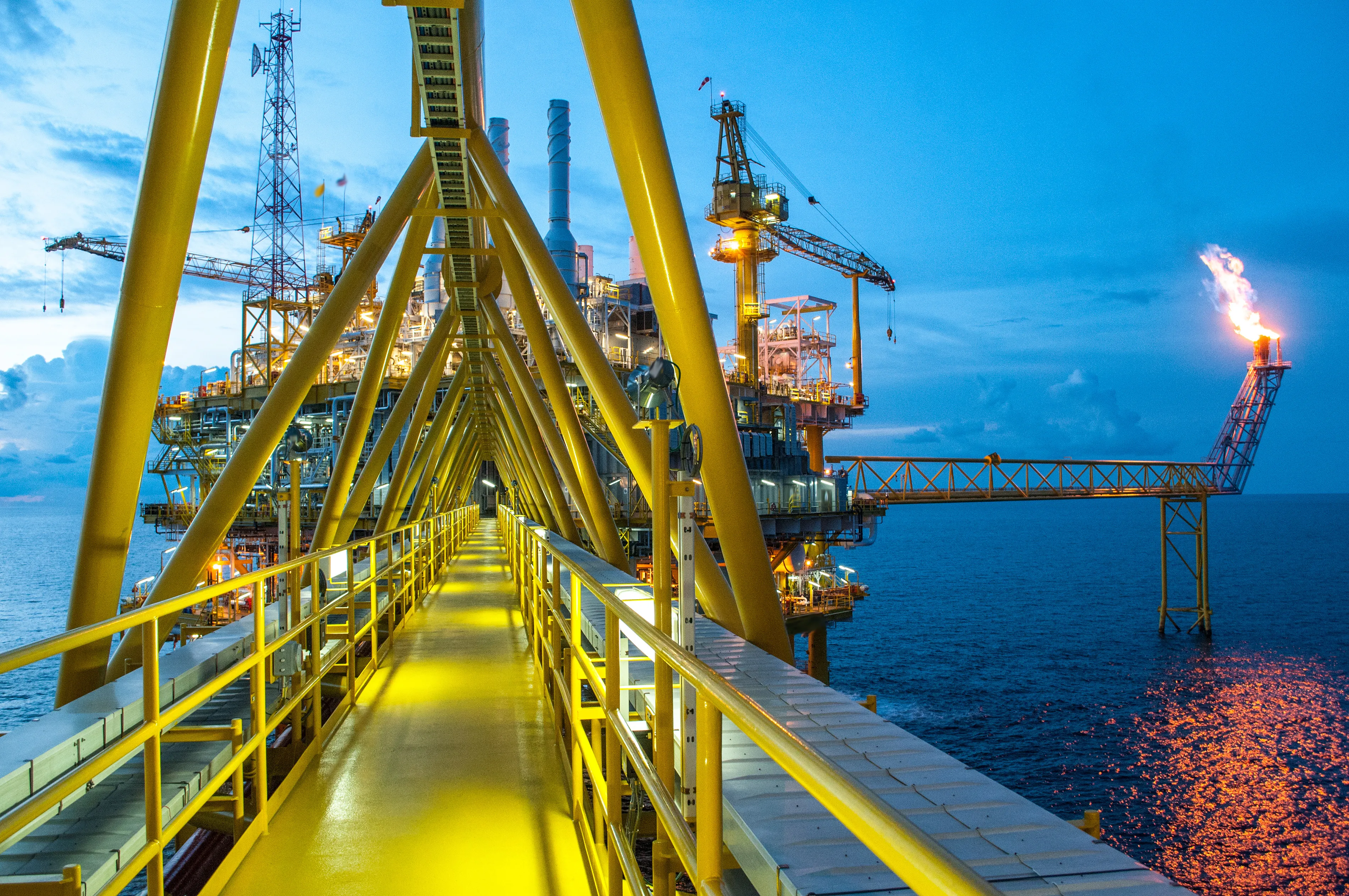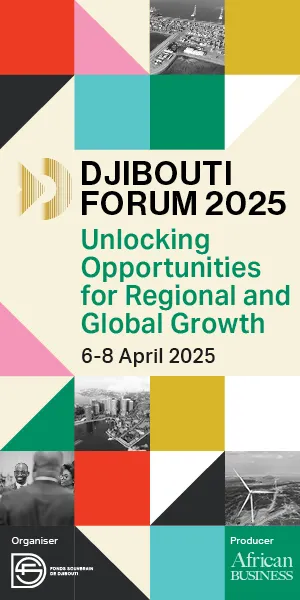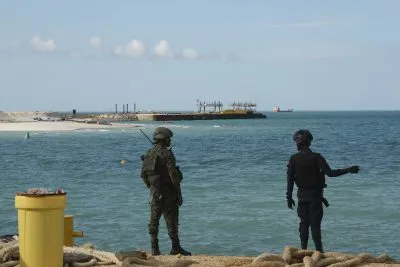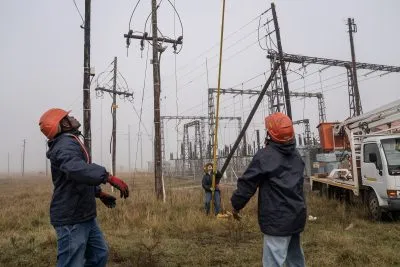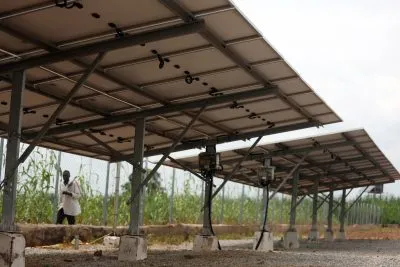Nigeria is now more than one year on from the Petroleum Industry Act (PIA) hitting the statute books. This landmark piece of legislation saw glacial progress through Nigeria’s parliament over two decades, but the lengthy gestation should not hide its significance to the oil and gas sector’s future.
With elections on the horizon in 2023, Nigeria wants to get its oil and gas sector on an even keel. The PIA has played a crucial role in forging both stronger sector growth by establishing a new framework for Nigeria’s oil and gas sector, including two new regulators, the National Upstream Petroleum Regulatory Commission (NUPRC) and the Nigerian Midstream and Downstream Petroleum Regulatory Authority.
It also paves the ground for the professionalisation of the loss-making state-owned Nigerian National Petroleum Company (NNPC), turning it into the NNPC Ltd, a quasi-commercial entity which nonetheless remains owned by the government – a process that was completed in mid-July. NNPC Ltd’s focus is now to boost productivity.
In the words of President Muhammadu Buhari, the state energy company will be “commercial, independent and viable”, operating without relying on government funding and free from institutional regulations.
Still there is much to do. The PIA, even one year on, remains in a transition phase, with committees seeking to thrash out what it means in practice. One experienced Nigerian analyst contacted by African Business questioned how much NNPC will change as a result of its transformation into a limited company, and yet tantalising evidence indicates that, post-PIA, things may finally be changing for the better.
New contracts with oil majors
In August, NNPC negotiated new terms and conditions for six offshore licences operated by international oil companies (IOCs), in a move that could see substantial volumes of untapped production brought to the market within the next decade.
Critically, it suggests a new, more positive mood among Nigeria-focused oil majors. IOCs have traditionally been reluctant to sign new production sharing contracts (PSCs) for deep-water assets. But in early August, new PSCs were signed for Chevron’s Oil Mining licenses (OMLs 127 and 132), Eni’s OML 125, TotalEnergies’ OMLs 130 and 138 and ExxonMobil’s OML 133. These five deep-water blocks could produce as much as 10bn barrels of oil over a 20-year period.
Their signings are a tribute to the success of talks between NNPC and the majors in ironing out wrinkles in earlier contracts that had affected corporate revenues.
The majors themselves appear happy enough with the outcome, if their public pronouncements are anything to go by. ExxonMobil said it validated its “earlier commitment to maintain a significant deep-water presence in Nigeria, via Esso Exploration and Production Nigeria (Deepwater)”.
Crucially, it was the PIA that was decisive in shifting the mood music among majors. As NNPC CEO Mallam Mele Kyari noted in a statement, the renegotiated PSCs were in line with the provisions of the PIA, with a “great deal of clarity between NNPC Ltd and its partners in the deep-water space”. Future revenues from these new PSCs are estimated at more than $500bn.
This is not to say that the PIA has completely shifted the agenda. All the PSCs – apart from Total’s OML 130 which covers the Akpo and Egina fields – will run for another 20 years under pre-PIA laws.
Exxon said the renewals validated its earlier commitment to maintain a significant deep-water presence in Nigeria. And in a sure sign of the better atmosphere between host and IOCs, Shell, ExxonMobil, Chevron and Equinor all plan to withdraw lawsuits against Nigeria.
Wrangle over ExxonMobil assets
That is not to say the majors’ future Nigeria operations will be plain sailing. Exxon’s plans to sell a set of shallow water assets with production of about 95,000 barrels of oil equivalent per day to Nigerian independent Seplat Energy hit an obstacle on 6 July, when the proposed $1.6bn sale was halted after a judge in Abuja granted NNPC an “order of interim injunction” barring ExxonMobil from completing any divestment in a unit that ultimately operates four licences in Nigeria.
With NNPC wanting to block the sale, seeing potential opportunity for itself in owning the assets, there is now a serious prospect of a lengthy dispute that will stymie majors’ hopes of selling off some of their shallow water and onshore assets – with Shell and Total likely to have to wait out the Exxon divestment process.
President Buhari had in early August given his backing to the asset transfer, only for the decision to be subsequently revoked. Clarity may have to wait for a new president to take office next year.
But as the Nigerian analyst told African Business, the authorities ultimately appear minded to allow the sale to Seplat go through: “The big risk was NNPC trying to pre-empt the deal. Because if the government had really wanted NNPC to get those assets, it could easily have engineered a situation where that would have happened. That it didn’t do so is significant.”
Crude production in decline
The backdrop is one that will see Nigeria’s crude production on a trajectory of consistent declines in output. Indeed, crude oil production dropped by 23.8% in year-on-year terms in May of this year, reaching a low of 1.02m barrels per day.
Fitch Solutions’ oil and gas team project that Nigeria’s oil output will fall by 9.1% in 2022, caused by previous underinvestment in the country’s oil sector, as well as theft. New production from the Ikike field should help mitigate declines temporarily but it will do little to stem the overall drop in output.
As Fitch’s emerging markets economist John Ashbourne noted in a webinar in early September, net prices are rising more than volumes are falling, reflecting the fact that a lot of the fields have been in decline for some time.
“Production volumes we don’t expect to rise by very much over coming years, despite a blip coming in 2026-27, when some offshore production will come online. But broadly speaking, volumes have stayed pretty stable and consistently below where they were. If you look at the period between 2010 and 2015, when volumes were close to 2.5m barrels per day, we don’t think they can get anywhere near back to that,” said Ashbourne.
That means that even as oil prices remain elevated, the value of oil produced in Nigeria will never return to the levels seen just 10 years ago. Another challenge is that the policymaking process could remains stalled until the presidential election takes place in 2023, and could take even longer as the new administration beds in.
Gas production set to grow
But there is also progress to report in Nigeria’s downstream, which could yet give a boost to exports. The opening of the Dangote oil refinery in Lagos will boost the capacity of Nigeria’s refining sector by 147%, taking it up to over 1.1m barrels per day, says Fitch. And it also widens Nigeria’s export slate to include more refined products. Nigeria currently exports only crude fuels, but it could export products to neighbouring states.
Long-term, optimism in Nigerian is focused mainly on the natural gas side, rather than crude oil. Nigeria’s annual gas production is set to from about 50bn to 70bn cubic metres in coming years, reflecting the impact of improved offshore production and better gas capture. That raises the prospect of Nigeria producing almost as much as Algeria by the 2030s, says Fitch.
Majors are clearly much more exercised by the country’s natural gas prospects than its troublesome crude oil fields in the Delta. With gas likely to be a source of future export growth, for the largest and most experienced IOCs, it may still pay to stay the course in Nigeria, even when they are downscaling elsewhere on the continent.
Want to continue reading? Subscribe today.
You've read all your free articles for this month! Subscribe now to enjoy full access to our content.
Digital Monthly
£8.00 / month
Receive full unlimited access to our articles, opinions, podcasts and more.
Digital Yearly
£70.00 / year
Our best value offer - save £26 and gain access to all of our digital content for an entire year!
 Sign in with Google
Sign in with Google 